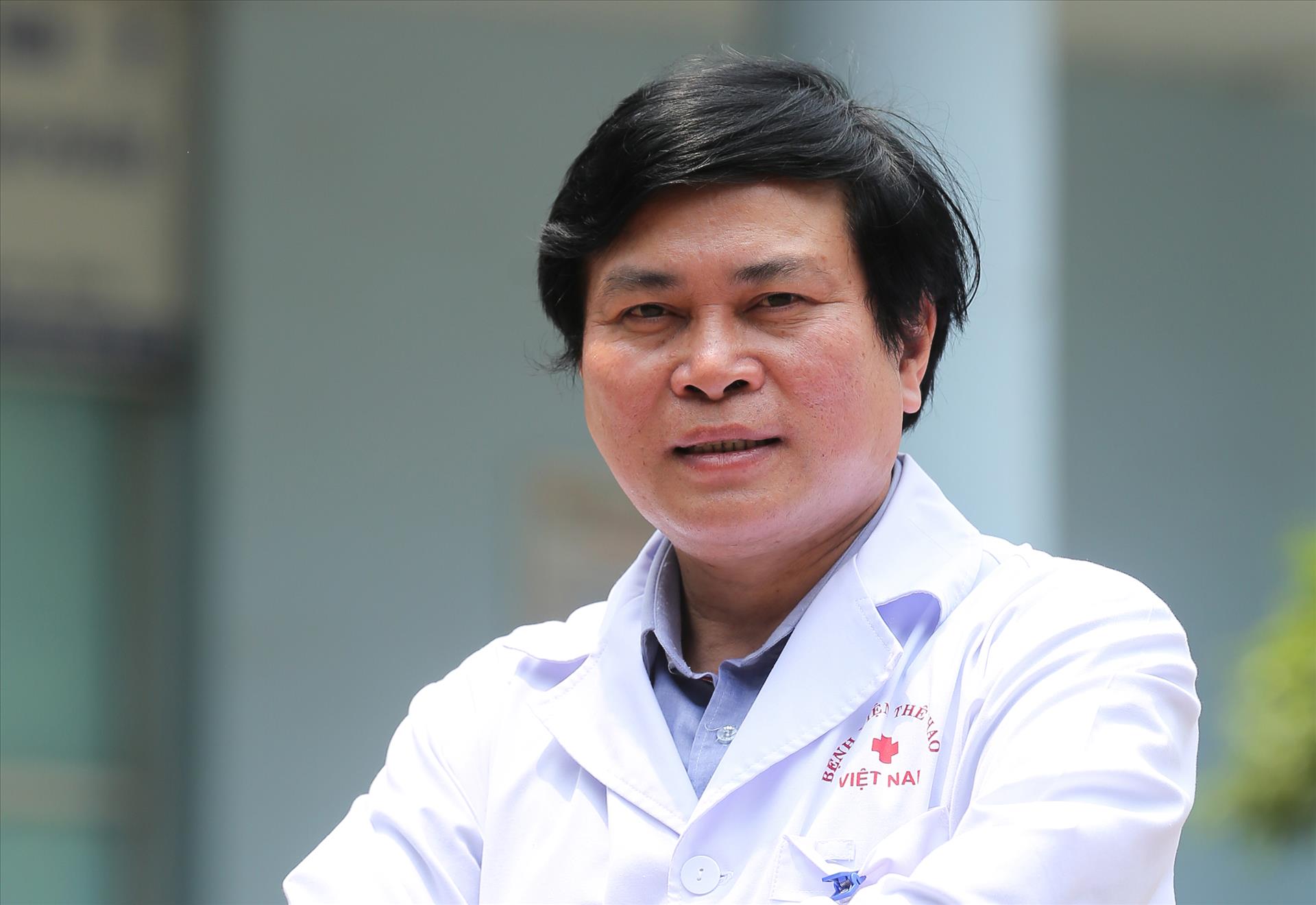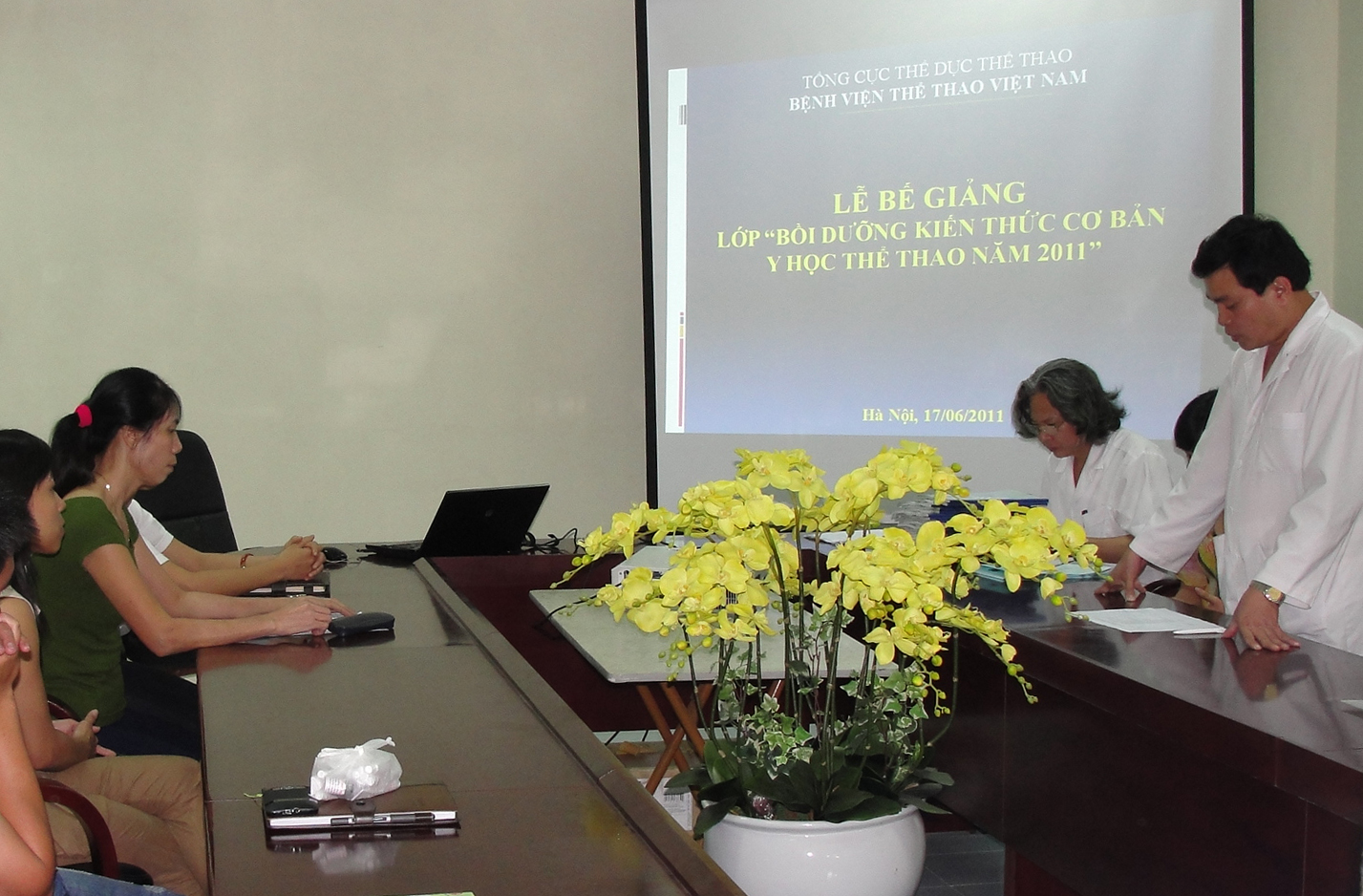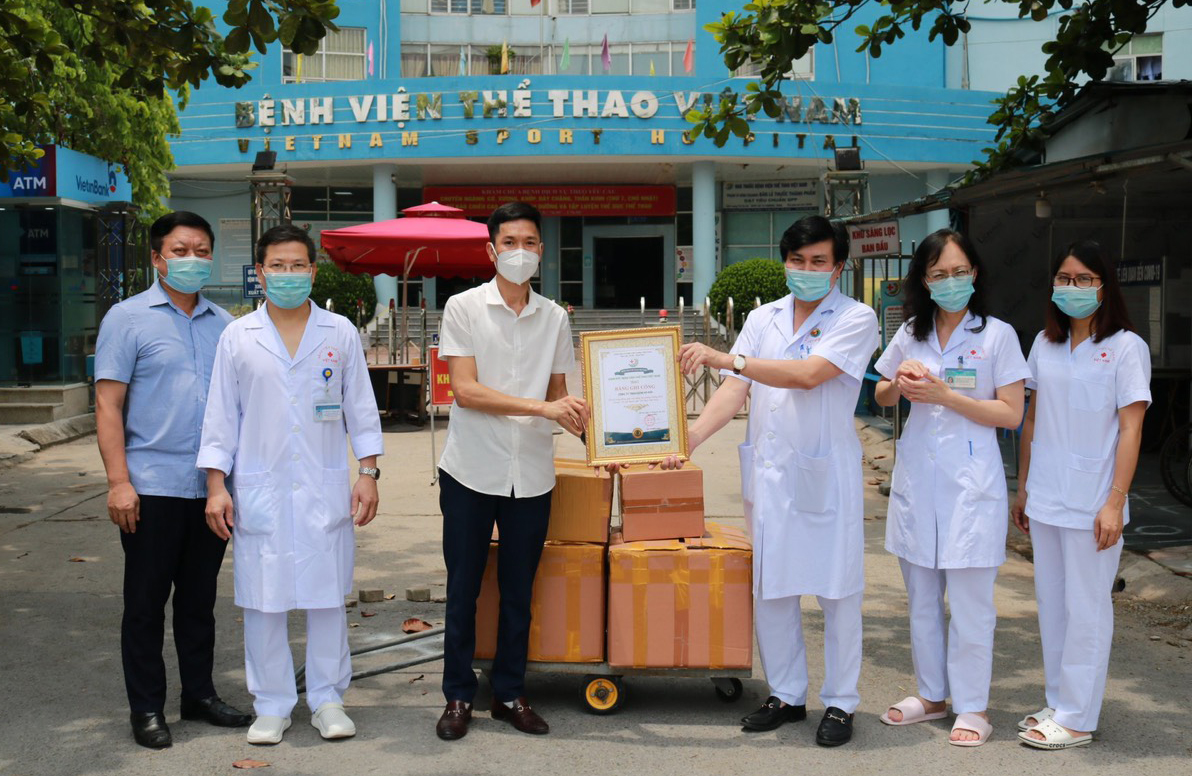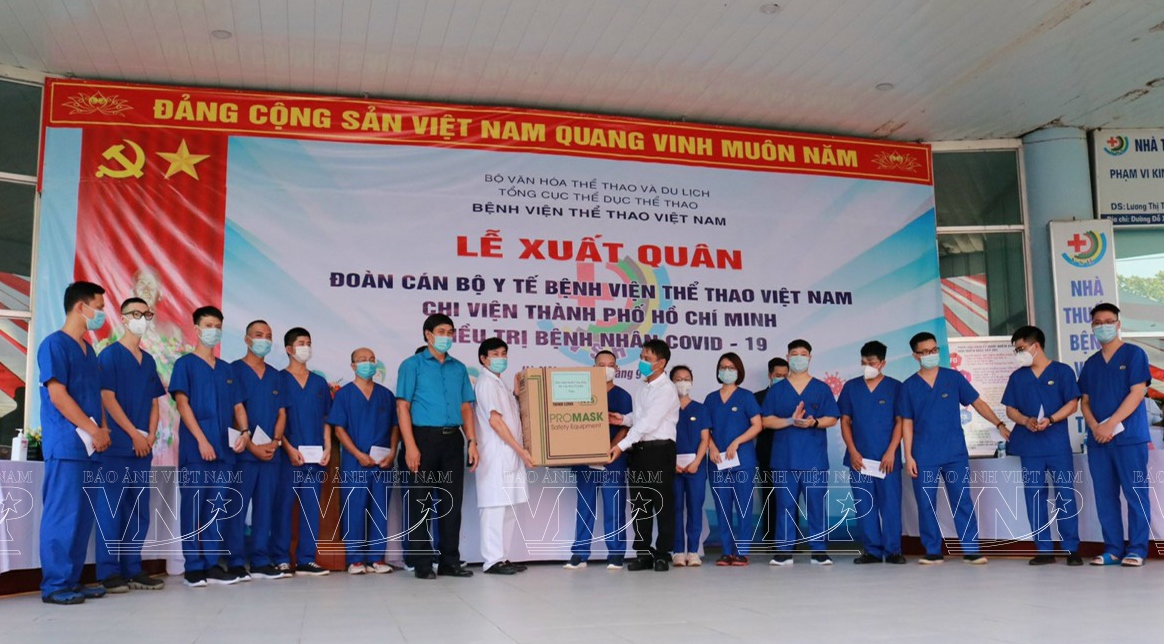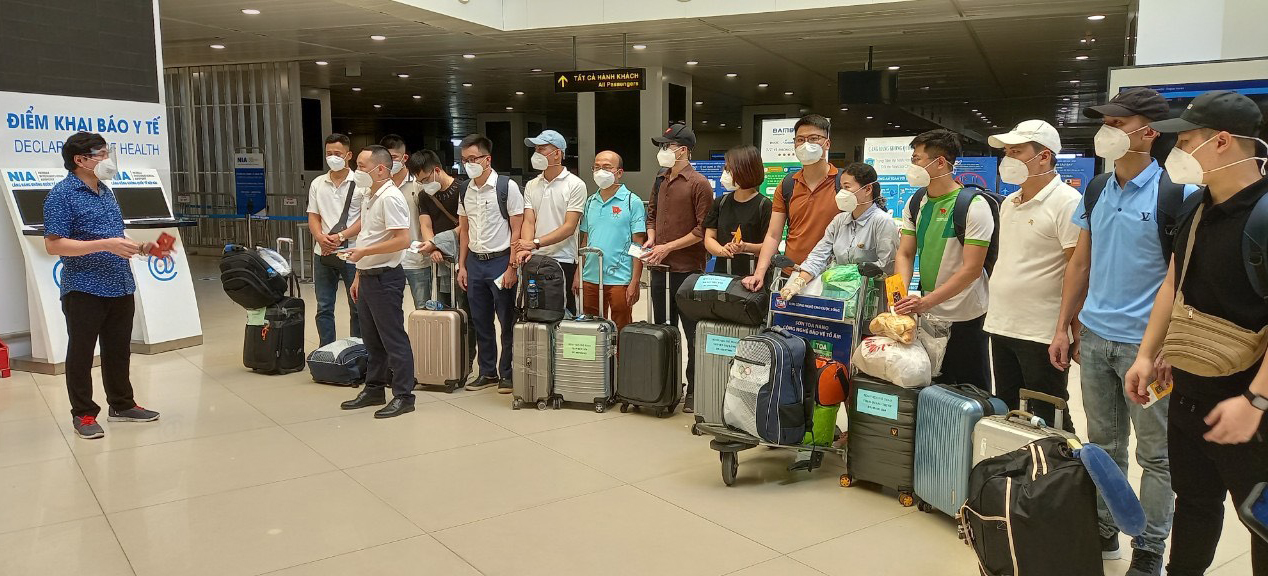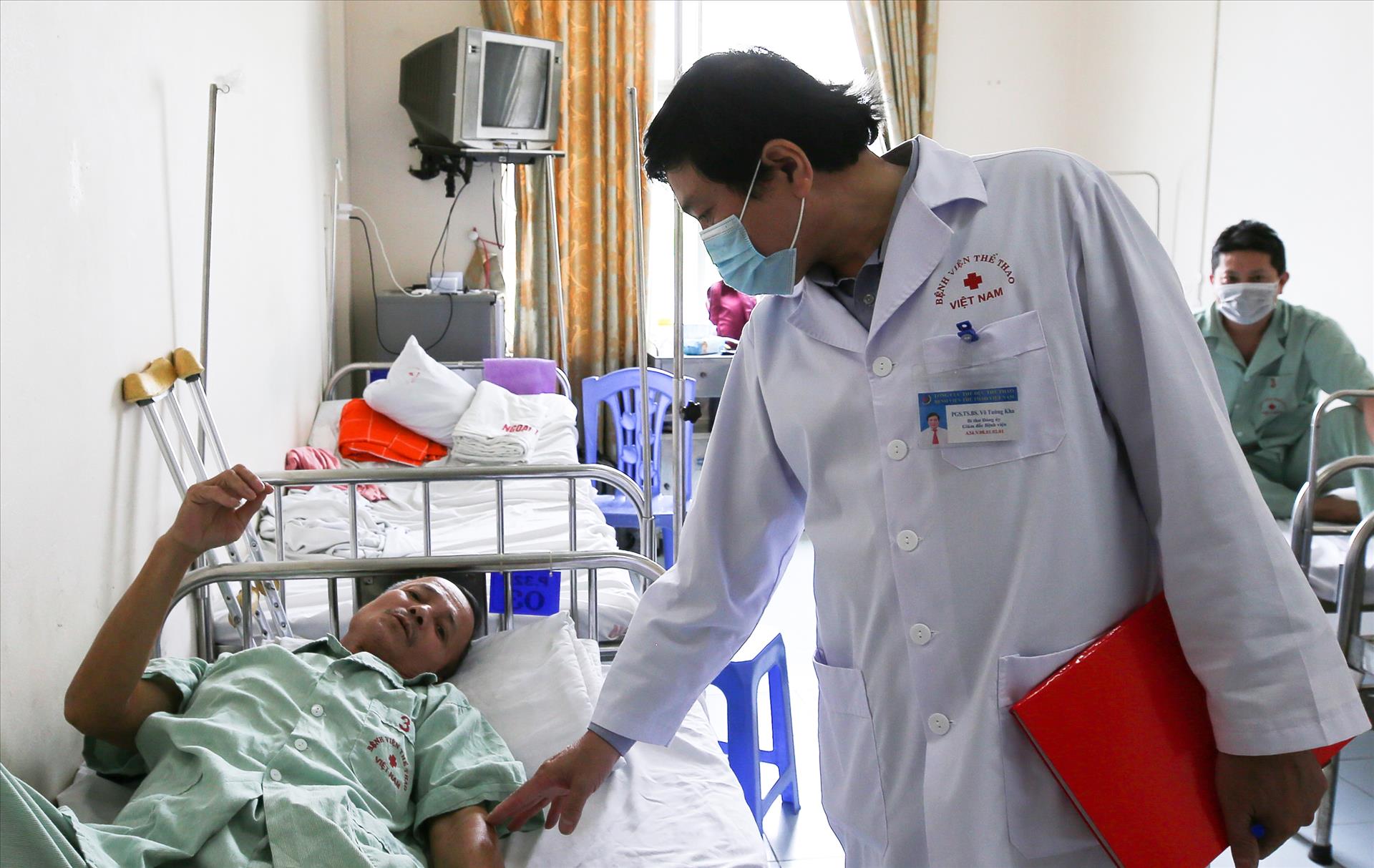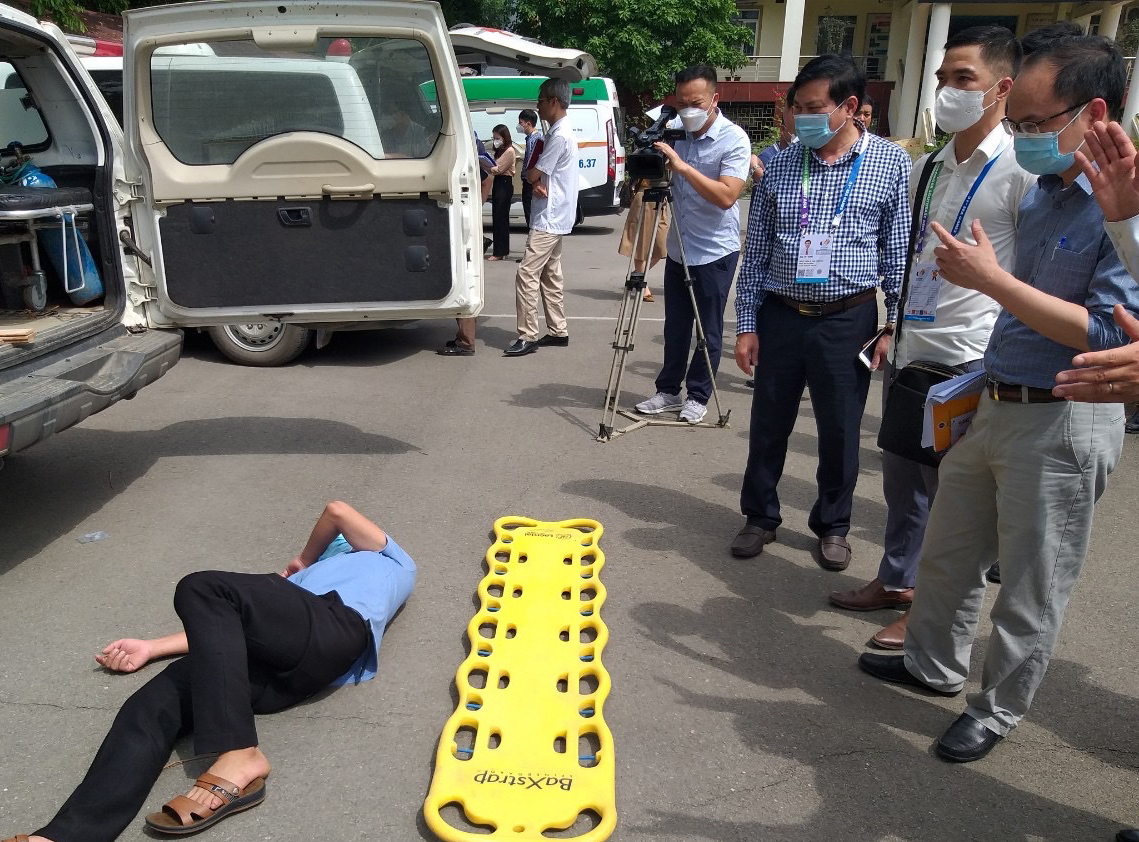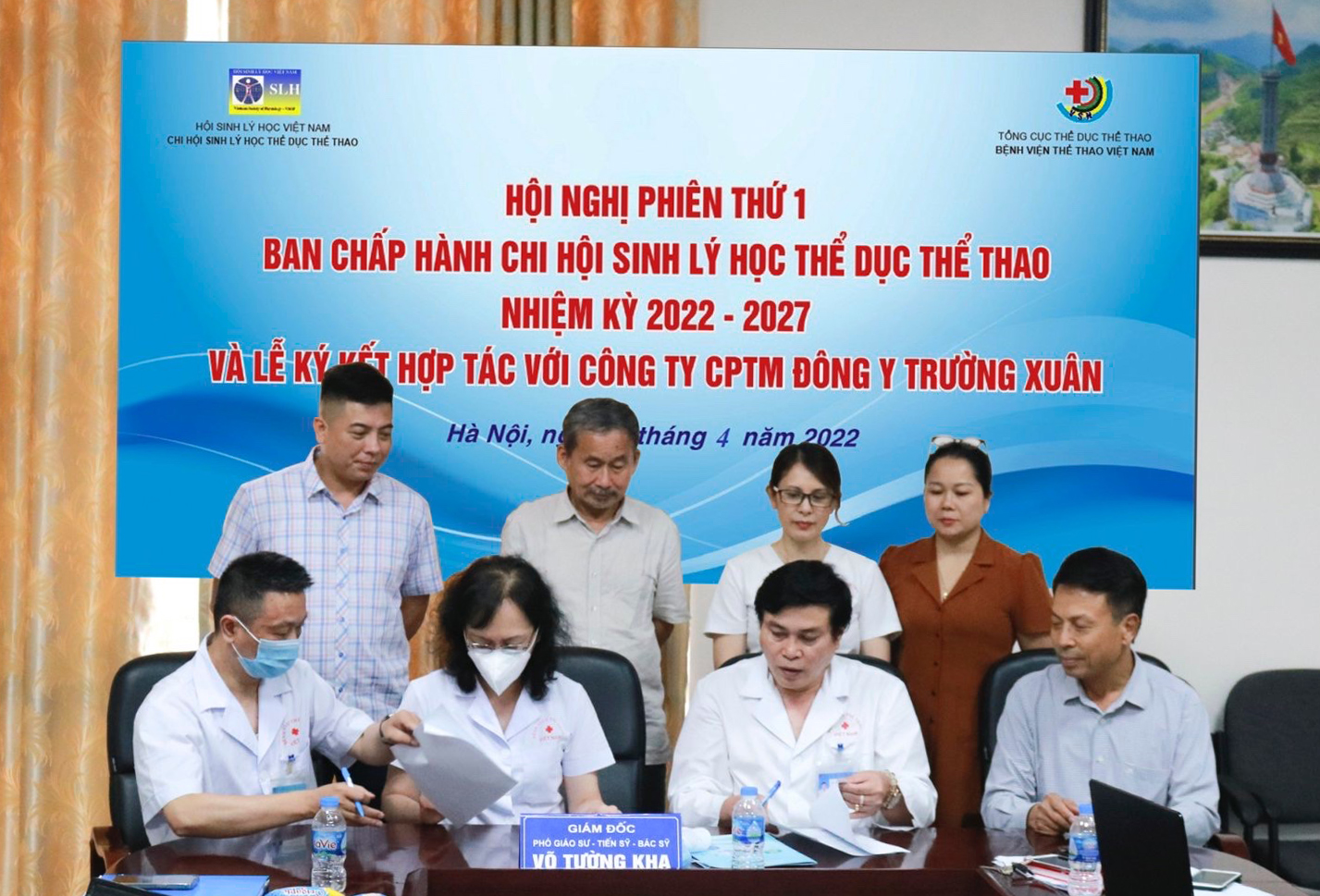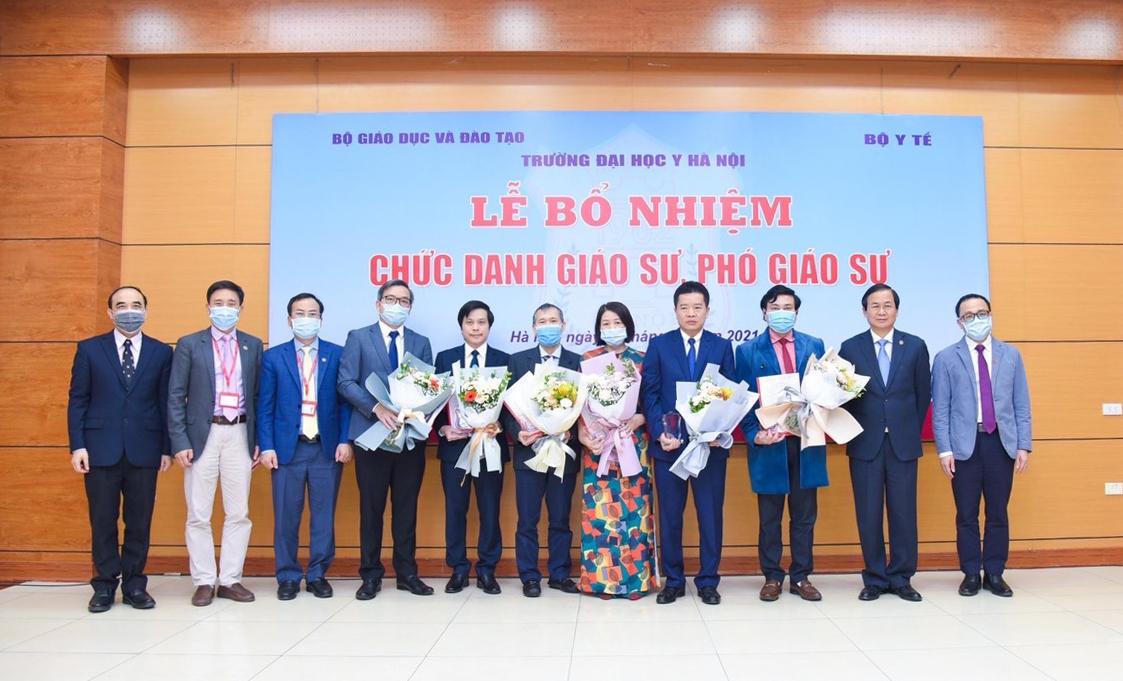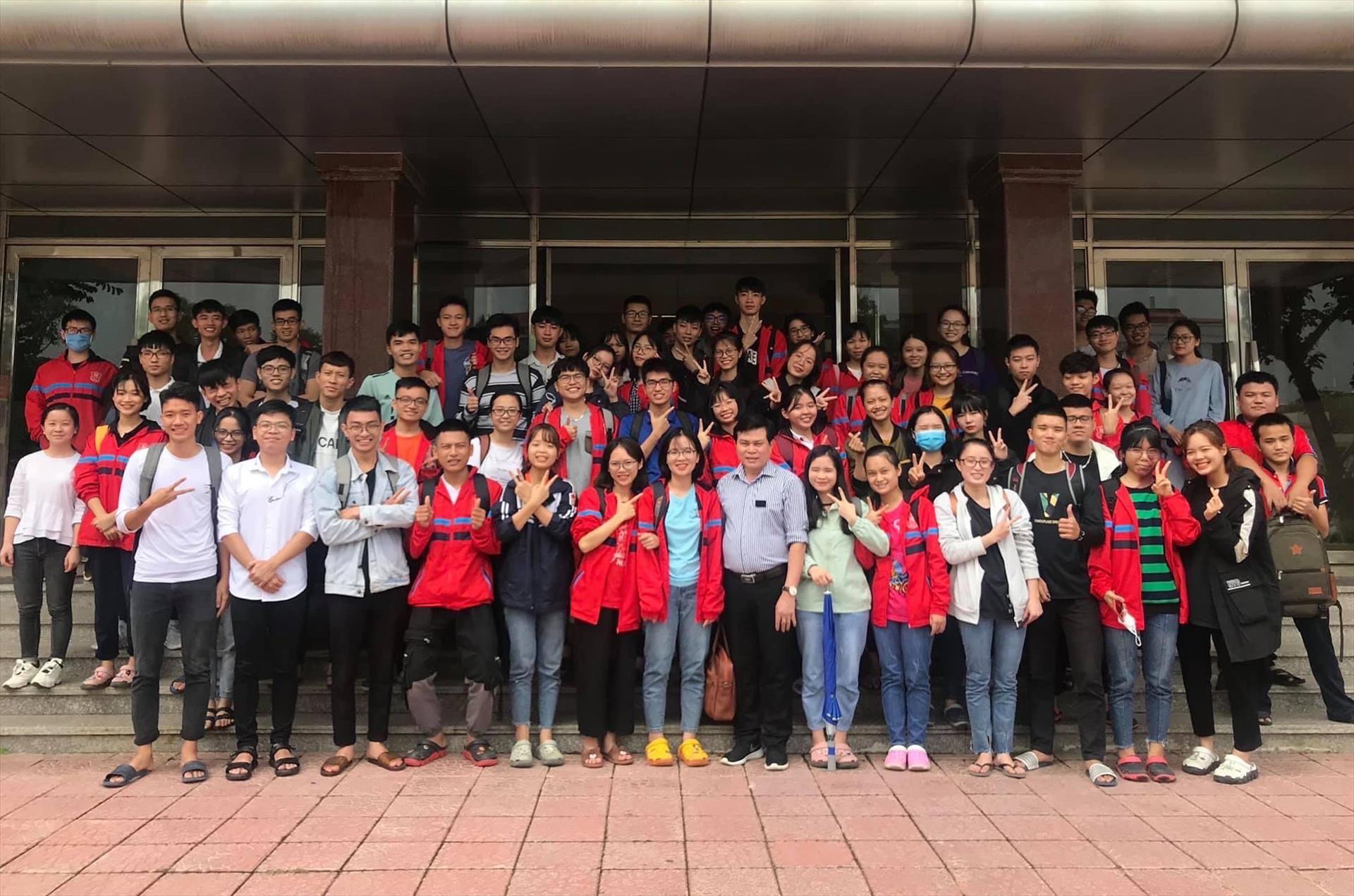Doctor Vo Tuong Kha & Vietnamese sports medicine
Doctor Vo Tuong Kha, Director of the Vietnam Sports Hospital, and his team are pouring efforts into the development of sports medicine, aiming for a sports medicine network nationwide.
During our discussion, Dr. Vo Tuong Kha provides us with an overview of the role of sports medicine. According to him, sports medicine has two main roles, for professional sports and for daily sports practice.
For professional sports, sports medicine has an important task which is to ensure the health of athletes in training and in competition. The treatment must ensure 100% recovery for athletes.
Another important task is advising the selection of athletes. Based on the anthropometric, physiological and biochemical indicators of each athlete, doctors can point athletes to their strengths.
Sports medicine also helps control and change the psychological and biochemical thresholds in the body corresponding to an athlete's training level or goal, or helps with sports nutrition issues and the mentality of athletes.
For the second role, in recent years, people's lives have been improved along with the development of the country, and sports activities have become an essential need for people who want to improve their health. Sports medicine, if properly developed, can significantly help strengthen the physical foundation of the Vietnamese people.
Sports medicine can support the treatment of non-communicable diseases such as obesity, hypertension and diabetes. It can provide instructions on how to exercise to ease the problems and avoid drug dependence.
According to Dr. Vo Tuong Kha, the specificity of sports medicine is that of its’ objects, which are professional athletes or people who plays sports.
The physiological thresholds of this group are higher than average, so the treatment methods must be “extremely modern” to ensure treatment effectiveness. Usually, the most modern and advanced medical methods will be combined with the principles of sports training in treatment.
Vietnam Sports Hospital is using traditional treatment methods and initially has shown preeminent values of traditional Vietnamese medicine.
Dr. Vo Tuong Kha said that countries like China, Japan and Thailand have applied traditional medicine to the treatment, rehabilitation and physical improvement of athletes and received positive results. “This may be a specific strength of Asian countries, including Vietnam, which we can focus on researching and developing in the near future,” emphasized Dr. Vo.
For example, the hospital uses an acupressure detector system in the selection and evaluation of athletes.
The machine will probe the acupoints or measure the energy of acupoints, to measure the difference of the biological energy that flows in the meridian system between athletes and ordinary people. This can help determine the physical strength of athletes at different times.
For the recovery of athletes post competition or training, the hospital uses methods such as massage, acupressure, qigong or yoga. The application of traditional medicine or biotechnological medicinal products are also a focus of the hospital.
Realizing the important role of sports medicine, and also fueling the successful applications at the Vietnam Sports Hospital are Doctor Vo’s ambitious of building a foundation for Vietnamese sports medicine.
At the end of last March, Dr. Vo proposed and directed the establishment of the Sports Physiology Association. The facility will be the foundation for the plan of establishing a national sports medicine network and a sport medicine department (under the University of Medicine and Pharmacy, Hanoi National University, based at the Vietnam Sports Hospital). This will be a place to train and develop sports doctors for Vietnam in the future.
Dr. Vo ended our talk with a joke that he and his colleagues are on a journey to "spread" awareness about sports medicine, following his teacher's, Doctor Le Quy Phuong’s expectations. Like his teacher, Dr. Vo believes that such a mission is indispensable for improving the physical foundation of the Vietnamese people.”
